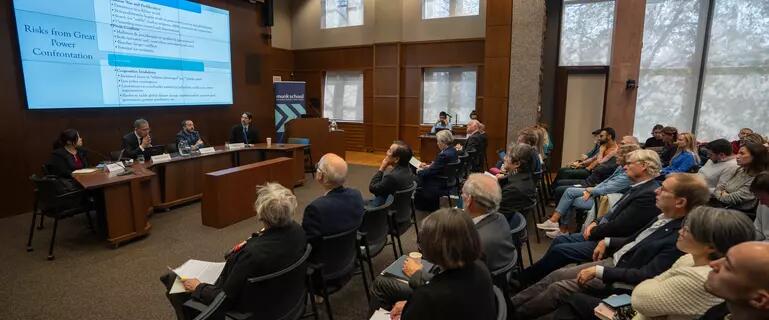
Overcoming Challenges to a Peaceful and Prosperous International Order: A Proactive Role for the G7
The Centre for the Study of Global Japan hosted a major symposium on November 2, 2023, on the topic of “Overcoming Challenges to a Peaceful and Prosperous International Order: A Proactive Role for the G7.” The symposium built on the progress of a prior event on February 15, which examined how universities can contribute to the agenda of the Hiroshima G7, which took place in May 2023.
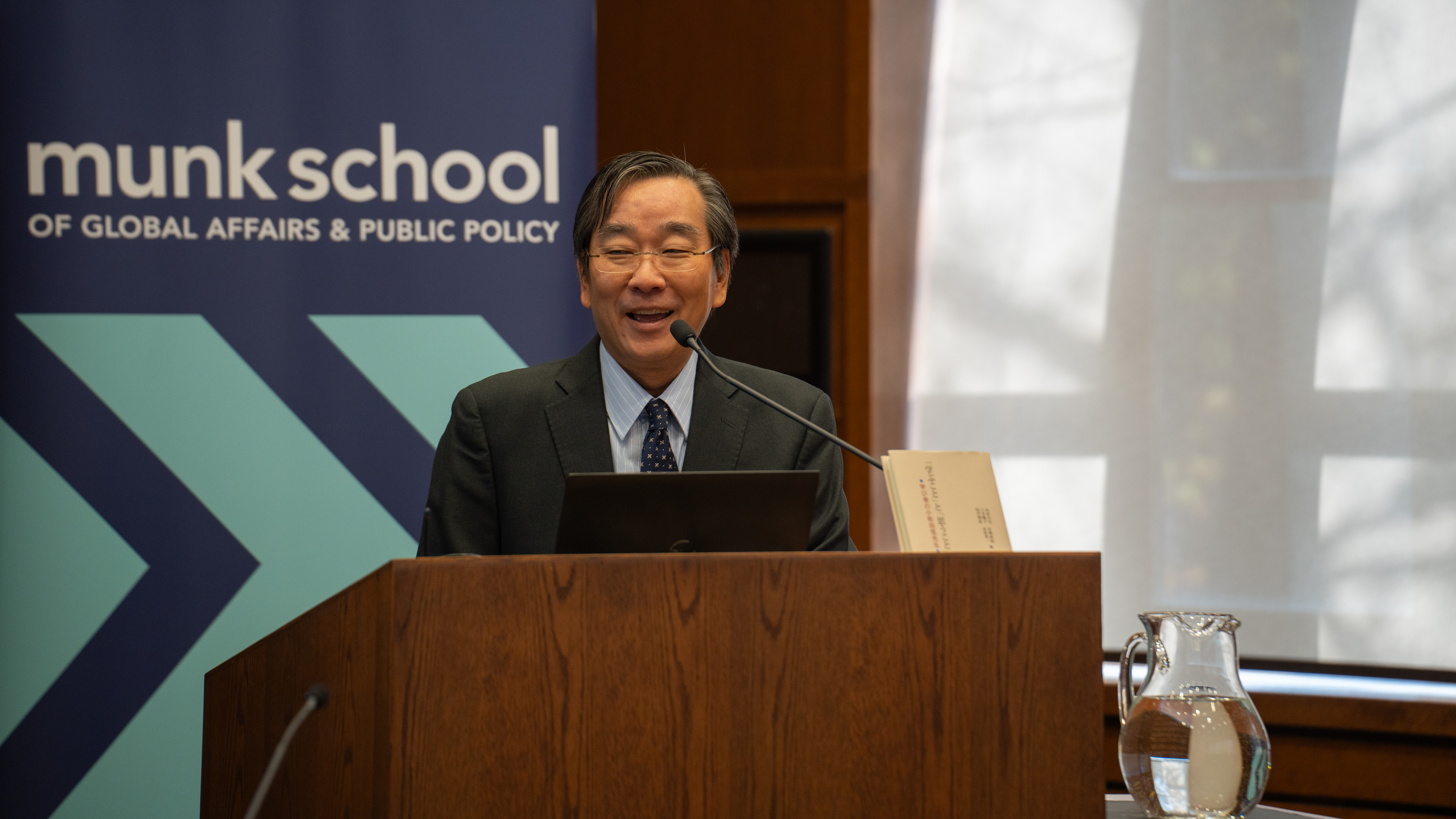
The symposium kicked off with opening remarks from Phillip Lipscy (Director, Centre for the Study of Global Japan). Lipscy outlined the key themes and objectives of the symposium and acknowledged the event co-hosts – the G7 Research Group and Bill Graham Centre at the University of Toronto. He then introduced Sasayama Takuya (Consul-General of Japan in Toronto), who outlined Japan’s leadership role as host of the Hiroshima G7 and emphasized the importance of the G7 in tackling pressing international issues such as geopolitical conflicts and nuclear non-proliferation.
The first session on international security issues began with a presentation by Dani Nedal (University of Toronto), who set the stage by outlining major challenges that confront the international order. Nedal divided the potential challenges of great power confrontation into direct and indirect risks. He argued that nuclear proliferation and proxy conflicts were the main sources of direct risks, while cooperation breakdown was a principal indirect risk.
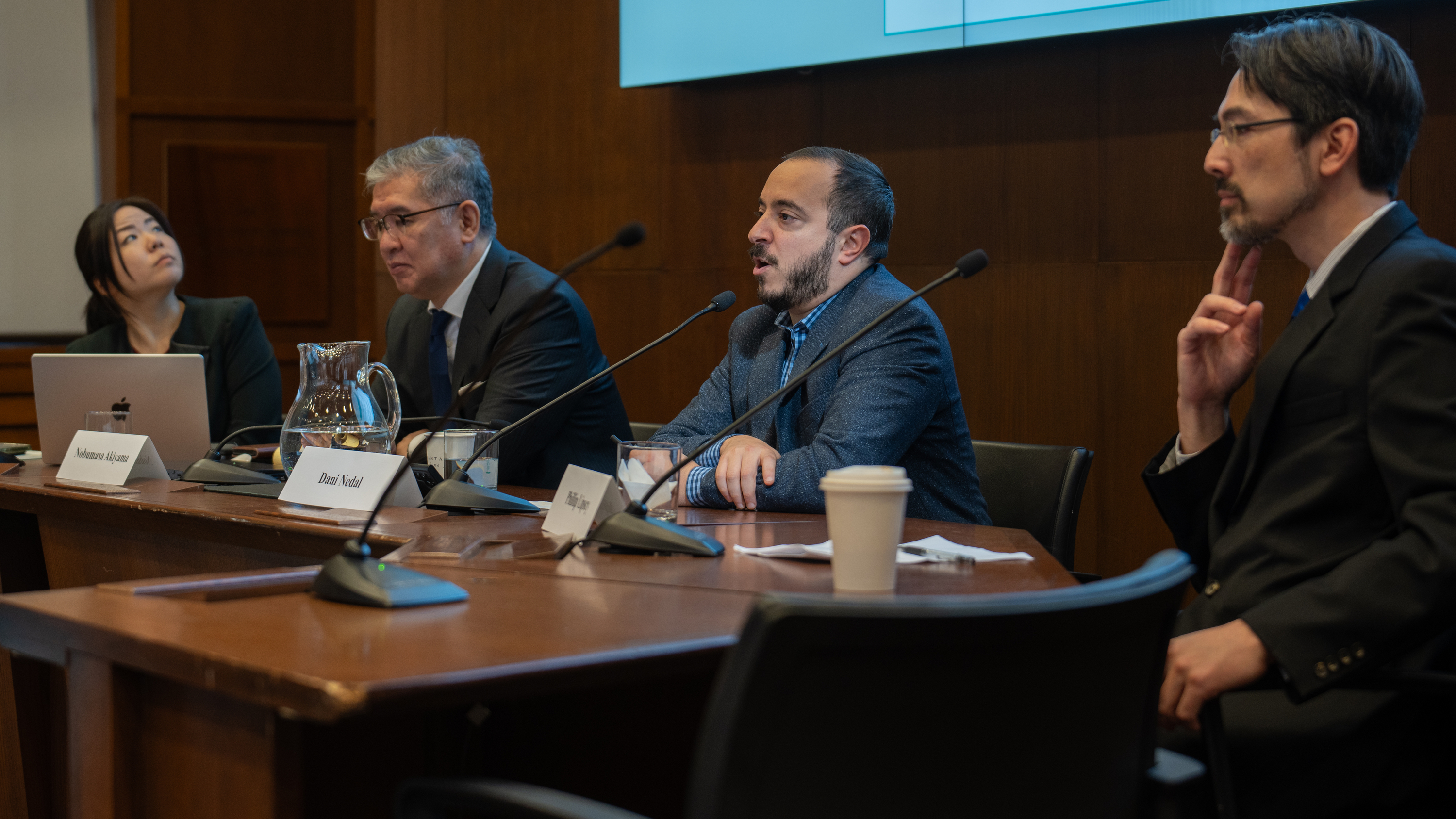
The second presentation was by Ayumi Teraoka (Columbia University), who analysed Japan’s security policy shifts and contributions to maintaining stability in the Indo-Pacific. Teraoka noted that Japan would need to raise revenues to cover its ambitious defence spending targets, but that raising taxes could be politically challenging. The final presentation was delivered by Nobumasa Akiyama (Hitotsubashi University), who focused on nuclear issues, a major theme of the Hiroshima G7 meeting. Akiyama noted that Japan faces a nuclear dilemma: on one hand, Japanese Prime Minister Fumio Kishida announced the “Hiroshima Vision,” which aims to pursue a world without nuclear weapons; however, on the other hand, Japan relies heavily on the US nuclear umbrella to guarantee its own security.
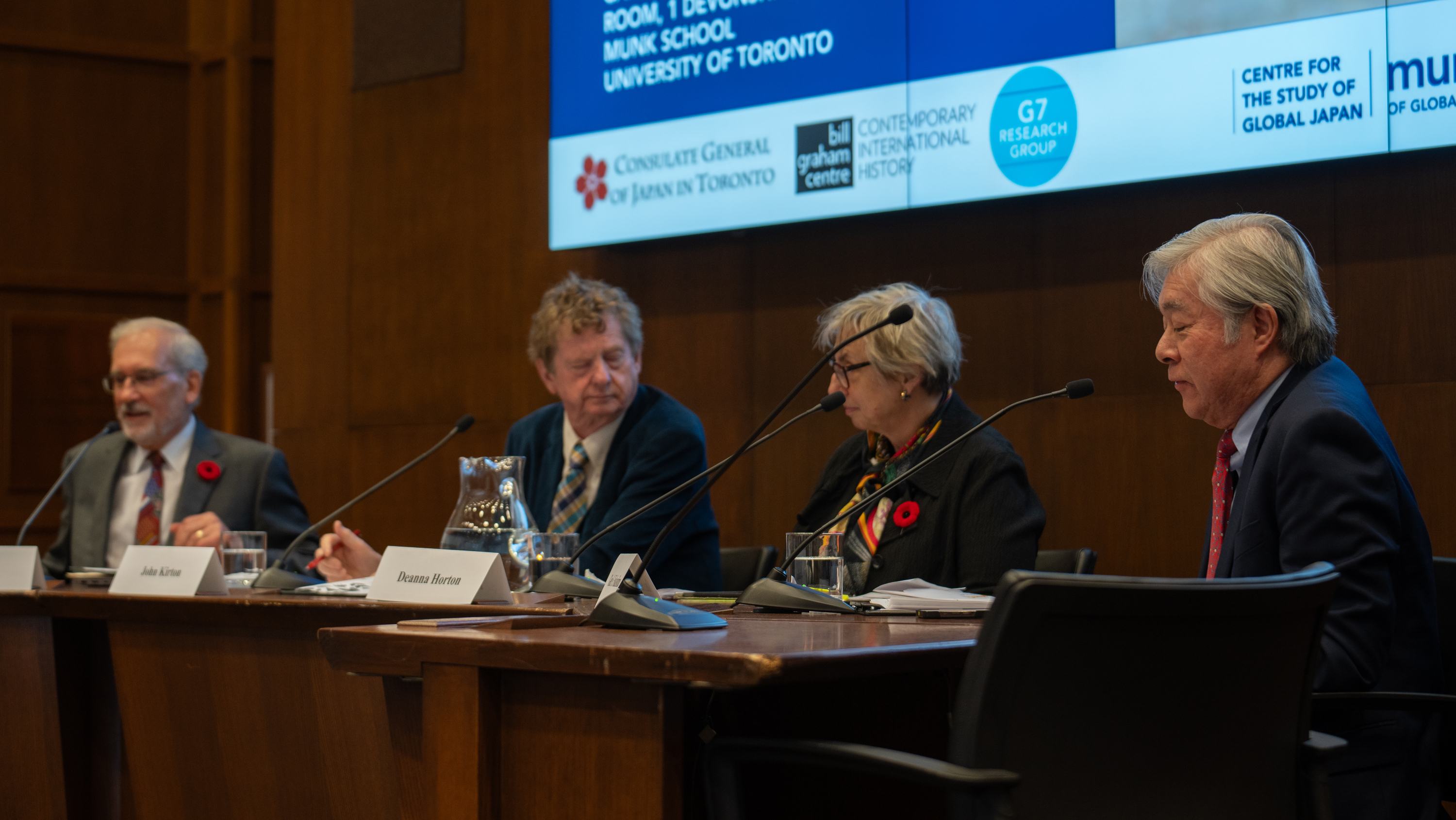
The second session centered on economic and geoeconomic issues, and it wasmoderated by Louis Pauly (University of Toronto). In the first presentation, Deanna Horton (Munk School and Asia-Pacific Foundation of Canada) noted the importance of Japanese initiatives to strengthen international institutions and agreements. For instance, the Comprehensive and Progressive Agreement for Trans-Pacific Partnership (CPTPP) came together in large measure based on Japanese leadership after the Trump administration pulled out of the agreement. Horton observed that Indo-Pacific strategies published by various countries had China as the common “elephant in the room.” In the second presentation, Glen S. Fukushima (Center for American Progress) offered a US perspective on economic security. He emphasized the importance of government-to-government relations as well as the role of the nongovernmental actors, drawing on his extensive experience in the public and private sectors. The third presentation, delivered by John Kirton (G7 Research Group), analysed the level of compliance of G7 members in key commitment areas based on data collected by his research team. Kirton also discussed the potential impacts of major developments, such as US-China high-tech protectionism and disruptions in agricultural supplies.
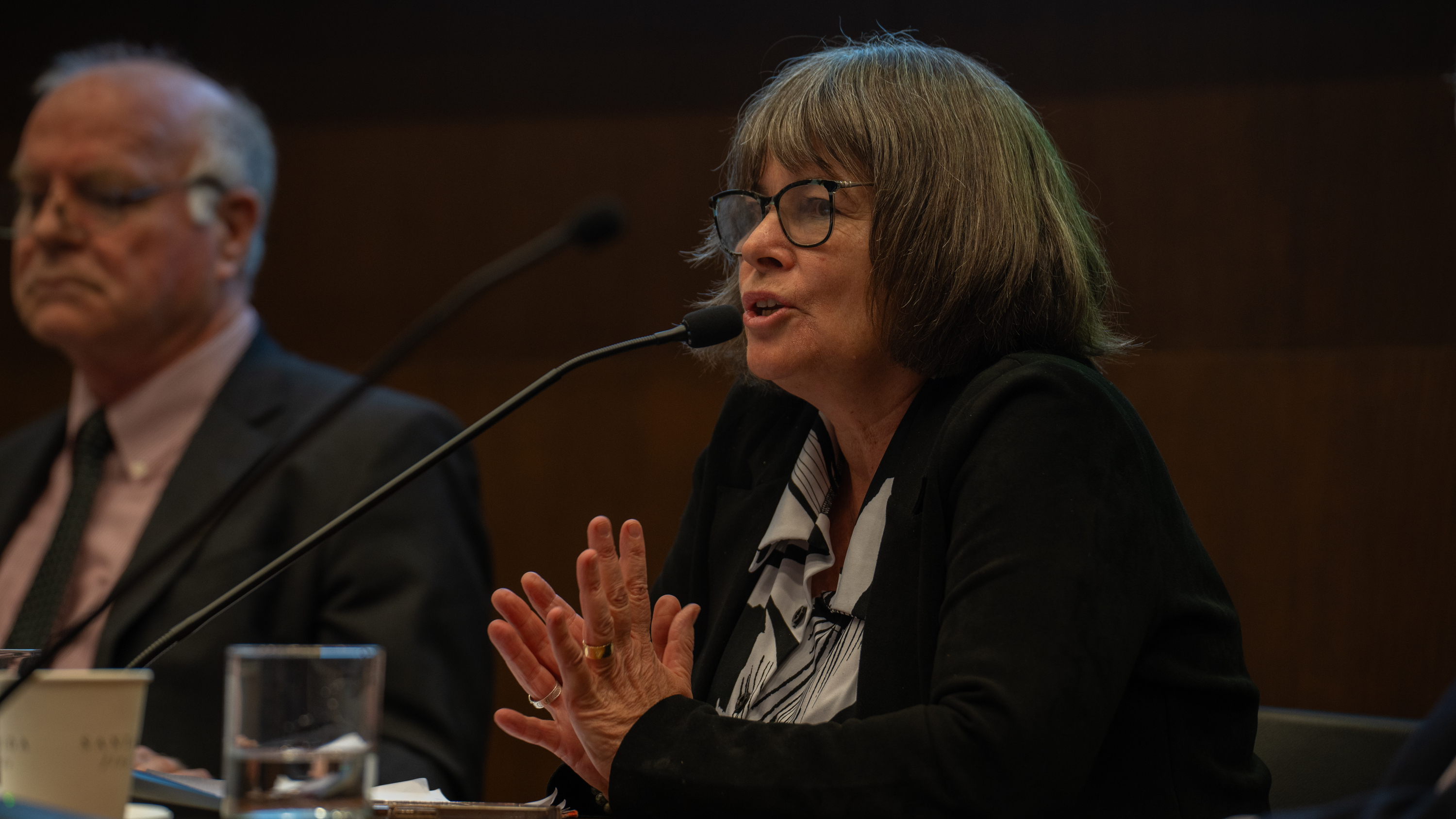
The third session focused on societal transformation. Jim Raymo (Princeton University) kicked off the session with an overview of demographic trends, elaborating on the challenges posed by declining fertility and aging in major countries, including members of the G7. Carin Holroyd (University of Saskatchewan) painted an optimistic portrait based on technological innovations emerging from Japan in areas like cyberspace, green growth, and disaster resilience. James Tiessen (Toronto Metropolitan University) examined challenges and innovations in the healthcare sector, using data on COVID-19 response to draw comparisons and lessons from major countries. Finally, Daisaku Higashi (Sophia University) drew on his extensive experience in countries like Afghanistan and South Sudan to offer innovative prescriptions for advancing human security and economic development.
The symposium attracted an exceptionally enthusiastic and engaged audience, with standing room only in the largest conference venue at the Munk School. Each panel was followed by a lively Q&A session with incisive and thoughtful questions from students, scholars, and members of the surrounding community. Although the symposium identified myriad challenges confronting the G7, the panelists also proposed a variety of creative and innovative solutions to advance the global agenda. We thank the participants, event co-sponsors, the Consulate General of Japan in Toronto, and audience members for helping to make this event such a great success.

